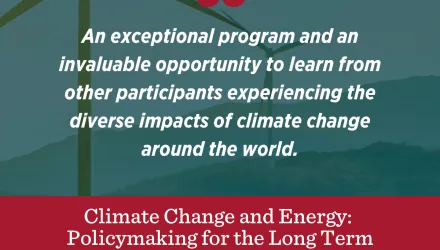Graham Allison, Dimitri Simes, and James Thomson, Executive Directors.
Overview
What are the United States'' national interests in today''s world? (1) Foreign policy in the wake of the Cold War has been five years of ad hoc fits and starts, which if continued will jeopardize America''s values, fortunes, and lives; (2) The defining feature of American engagement in the Post-Cold War world has been confusion; (3) Several one-time-only windows of opportunity have been missed; (4) For the decades ahead, the only sound basis for a coherent, sustainable United States foreign policy is a clear public sense of American national interests; (5) Clarity about the hierarchy of national interests will require harder thinking than was true during the Cold War.
The commission identifies only five interests as vital: (1) to prevent, deter, and reduce the threat of nuclear, biological, and chemical weapons attacks on the United States; (2) to prevent the emergence of a hostile hegemony in Europe or Asia; (3) to prevent the emergence of a hostile major power on United States borders or in control of the seas; (4) to prevent the catastrophic collapse of major global systems (trade, financial markets, supplies of energy, and environmental); and (5) to ensure the survival of United States allies.
The Comission was chaired by Robert Ellsworth, Andrew Goodpaster, and Rita Hauser and was supported by the Center for Science and International Affairs, the Nixon Center for Peace and Freedom, and the RAND Corporation.



